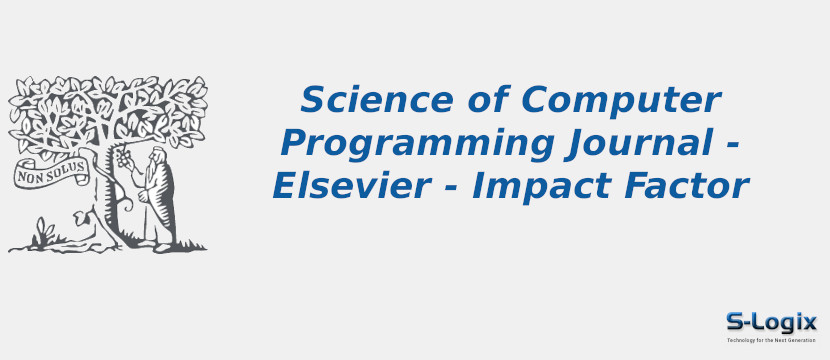Journal Home: Journal Homepage
Editor-in-Chief: M.R. Mousavi
Print ISSN: 0167-6423
Electronic ISSN: 1872-7964
Abstracting and Indexing: Science Citation Index Expanded, Scopus.
Imapct Factor 2024: 1.4
Subject Area and Category: Computer Science, Software
Publication Frequency: Semimonthly
H Index: 69
Q1:
Q2:
Q3: Information Systems
Q4:
Cite Score: 4.0
SNIP: 1.233
Journal Rank(SJR): 0.429
Latest Articles: Latest Articles in Science of Computer Programming
Guidelines for Authors: Science of Computer Programming Author Guidelines
Paper Submissions: Paper Submissions in Science of Computer Programming
Publisher: Elsevier
Country: Netherlands
